Tunisians protest against President Saied's 'power seizure' as opposition deepens
Thousands of protesters have rallied in the Tunisian capital to voice their anger at President Kais Saied's seizure of governing powers, calling on him to resign and demanding the constitution be respected.
Saeid dispensed with much of the 2014 constitution last week, granting himself the power to rule, two months after he sacked Prime Minister Hichem Mechichi, suspended parliament and assumed executive power.
His opponents have condemned the move as a coup.
“The people want the fall of the coup," chanted the crowd in Tunis on Sunday under a heavy police presence, asking the president to “step down.”
The crisis is seen as undermining the democratic gains of the 2011 Tunisian revolution, which triggered what became known as the Arab Spring protests.
Nadia Ben Salem, one of the protesters in Habib Bourguiba Avenue, said she had traveled 500 kilometers from the south to express her anger. “We will protect democracy...the constitution is a red line,” she said.
Despite the protests, Saied has his own supporters among Tunisians. Some staged a counterprotest on Sunday. Police separated the two sides to prevent potential clashes.
Saied has defended his controversial move, saying it was necessary to address a crisis of political paralysis, economic stagnation, and the poor handling of the coronavirus pandemic.
He has promised to establish “a true democracy in which the people are truly sovereign.”
Political analysts say the protests risk further dividing Tunisia if the door to political dialogue remains closed.
Tunisia's largest and the powerful political party, Ennahda, has called for people to stay together and defend democracy in "a tireless, peaceful struggle."
More than 100 prominent officials of the party resigned on Saturday in protest at Saied’s performance.
On Thursday, Rached Ghannouchi, Ennahda's leader and speaker of parliament, called for a "peaceful struggle" against a return to "absolute one-man rule," a day after Saied took steps towards rule by decree.
However, those who resigned on Saturday blamed Ghannouchi for making “bad political choices” and striking “inappropriate alliances” with other movements that “undermined Ennahda's credibility.”
Years of paralysis, corruption, declining state services and growing unemployment had agitated many Tunisians on their political system before the COVID-19 pandemic smashed the economy last year and infection rates surged this summer.

Morocco signs deal with notorious Israel’s Elbit to buy ‘battle-tested’ arms: Report

Protests in Morocco as US-flagged ship carrying arms to Tel Aviv docks at Tangier

Tunisia votes with Saied set for re-election
Netanyahu: Israel won't allow Hayat Tahrir al-Sham forces in southern Syria
Hezbollah leaders’ historic funeral showed resistance strength: Islamic Jihad
Iran reports surge in air traffic as Austrian, Lufthansa resume flights
VIDEO | South Africans set to lobby government to isolate Israel
IRGC chief: Nasrallah decisive figure in regional equations with global dimensions
VIDEO | Press TV's News Headlines
Netanyahu's son 'exiled abroad for hitting his father': Knesset member
Iran money supply up 28.4% y/y in late January: CBI


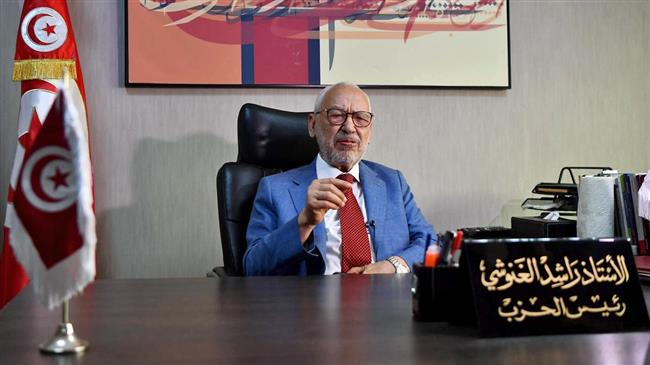



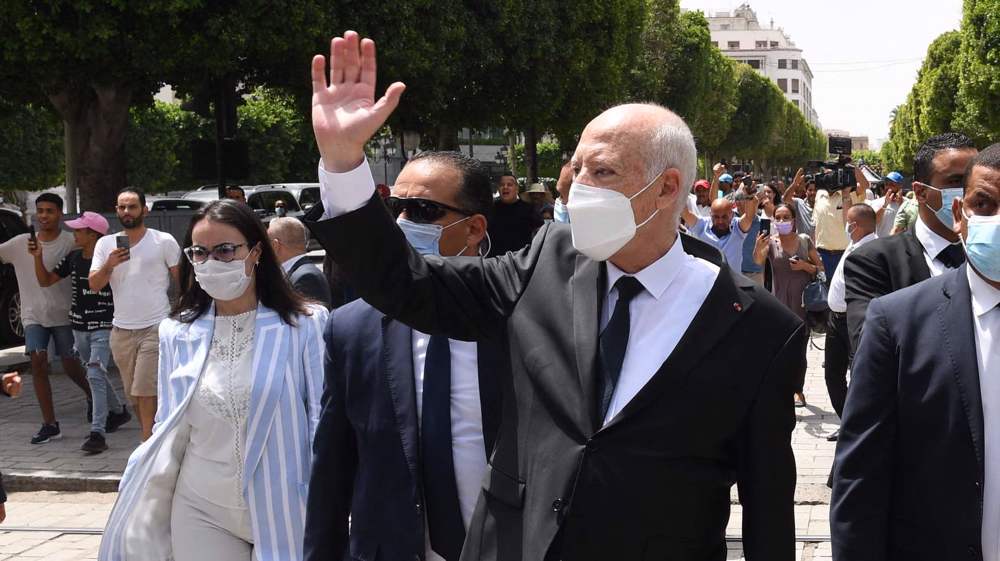
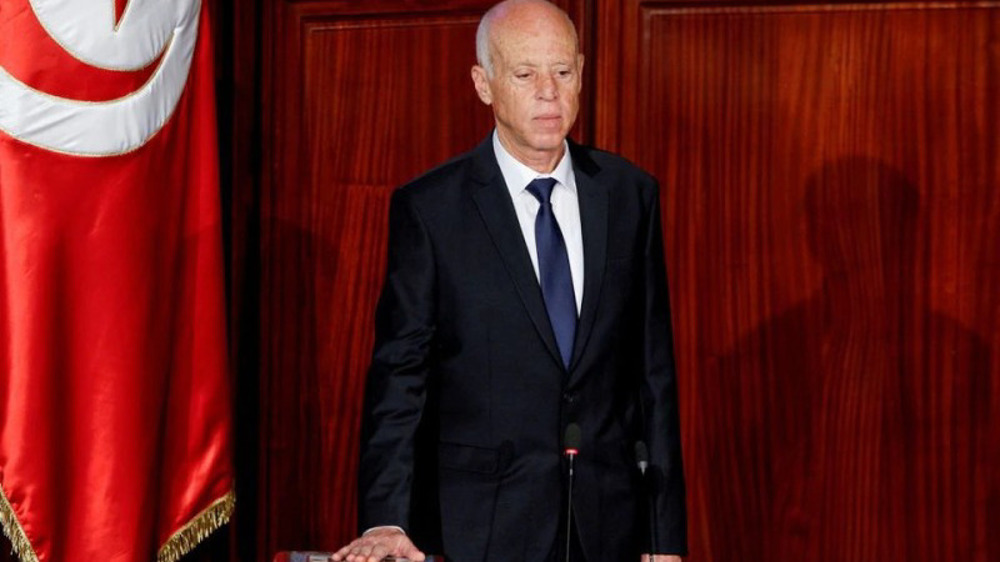
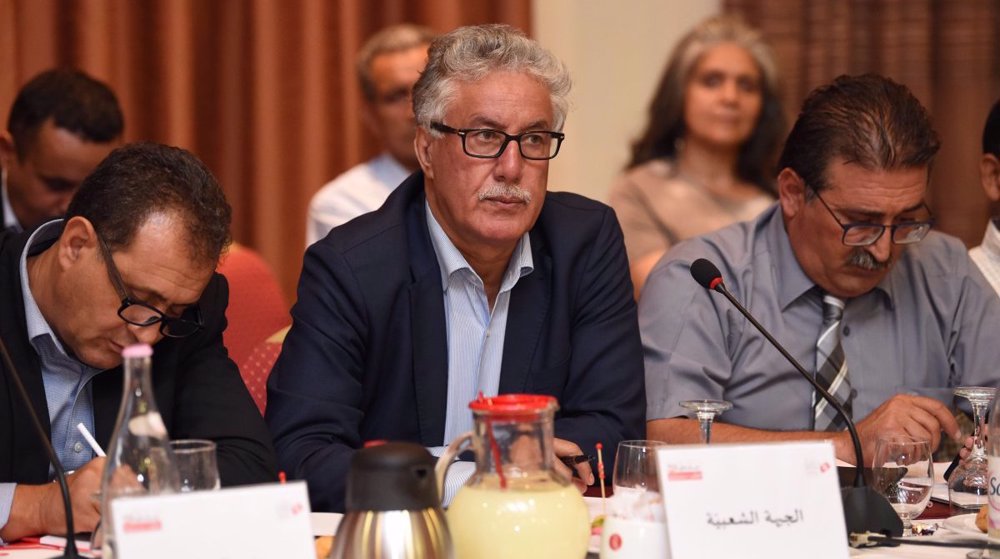
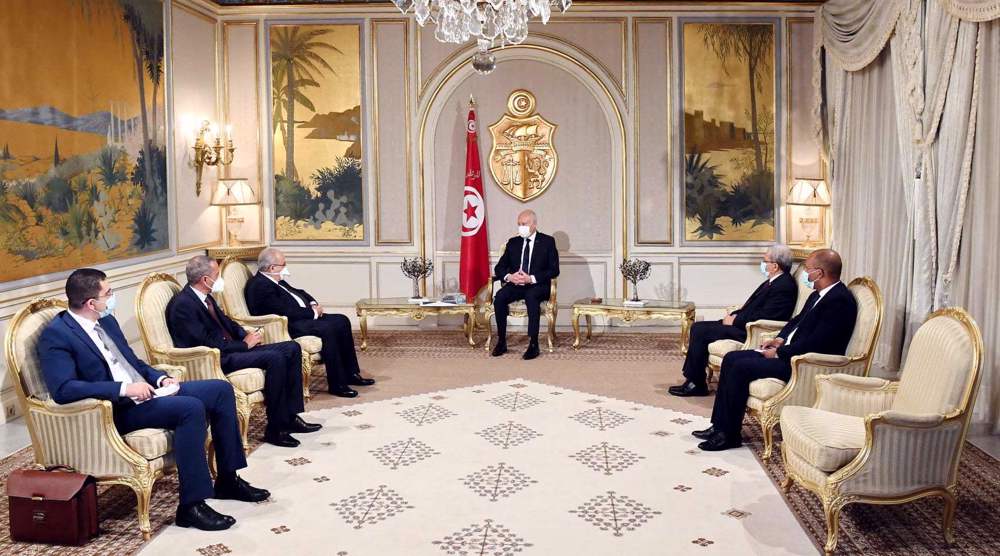
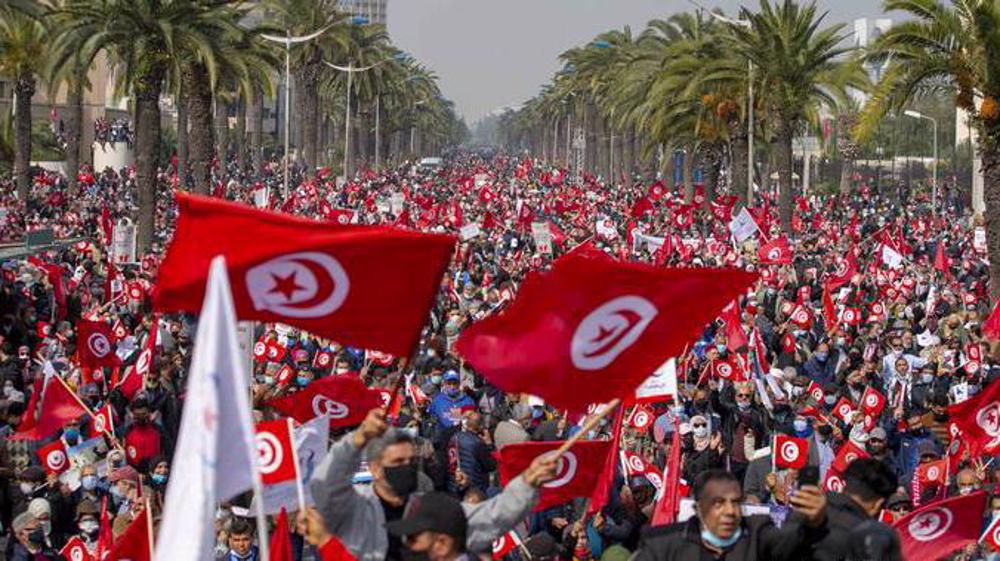
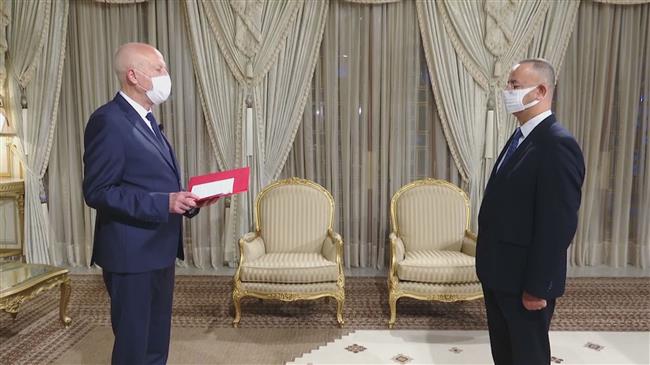

 This makes it easy to access the Press TV website
This makes it easy to access the Press TV website